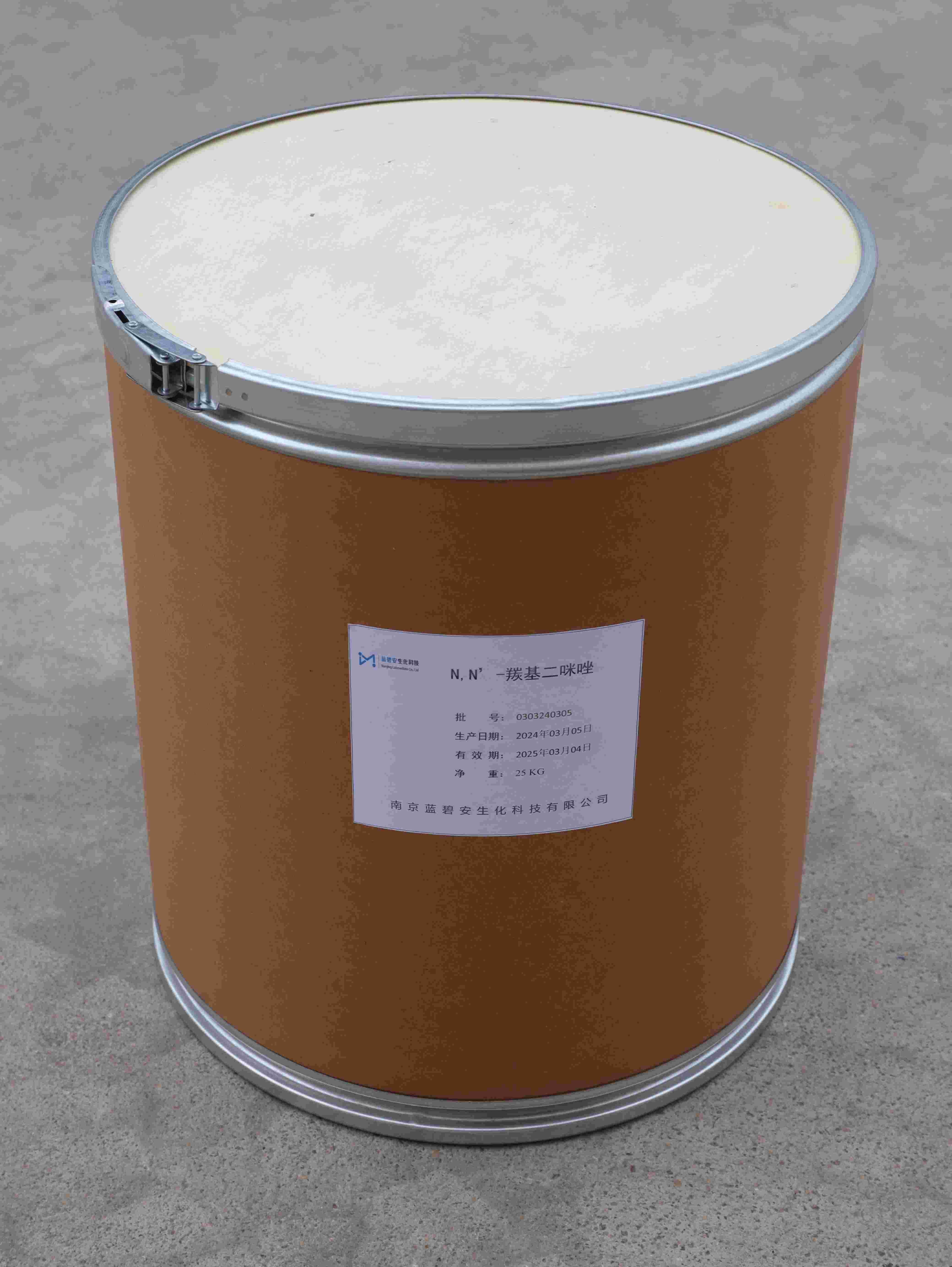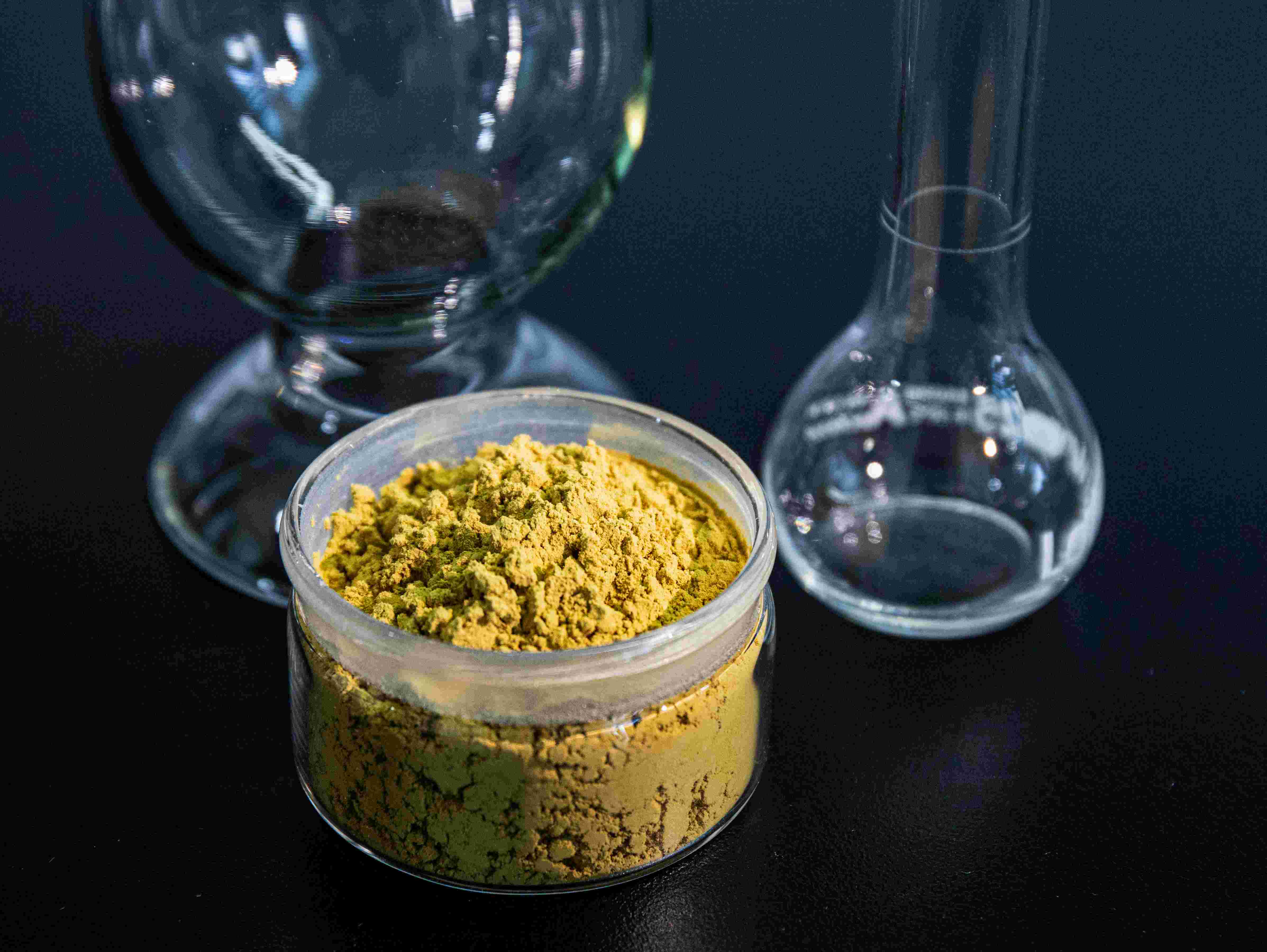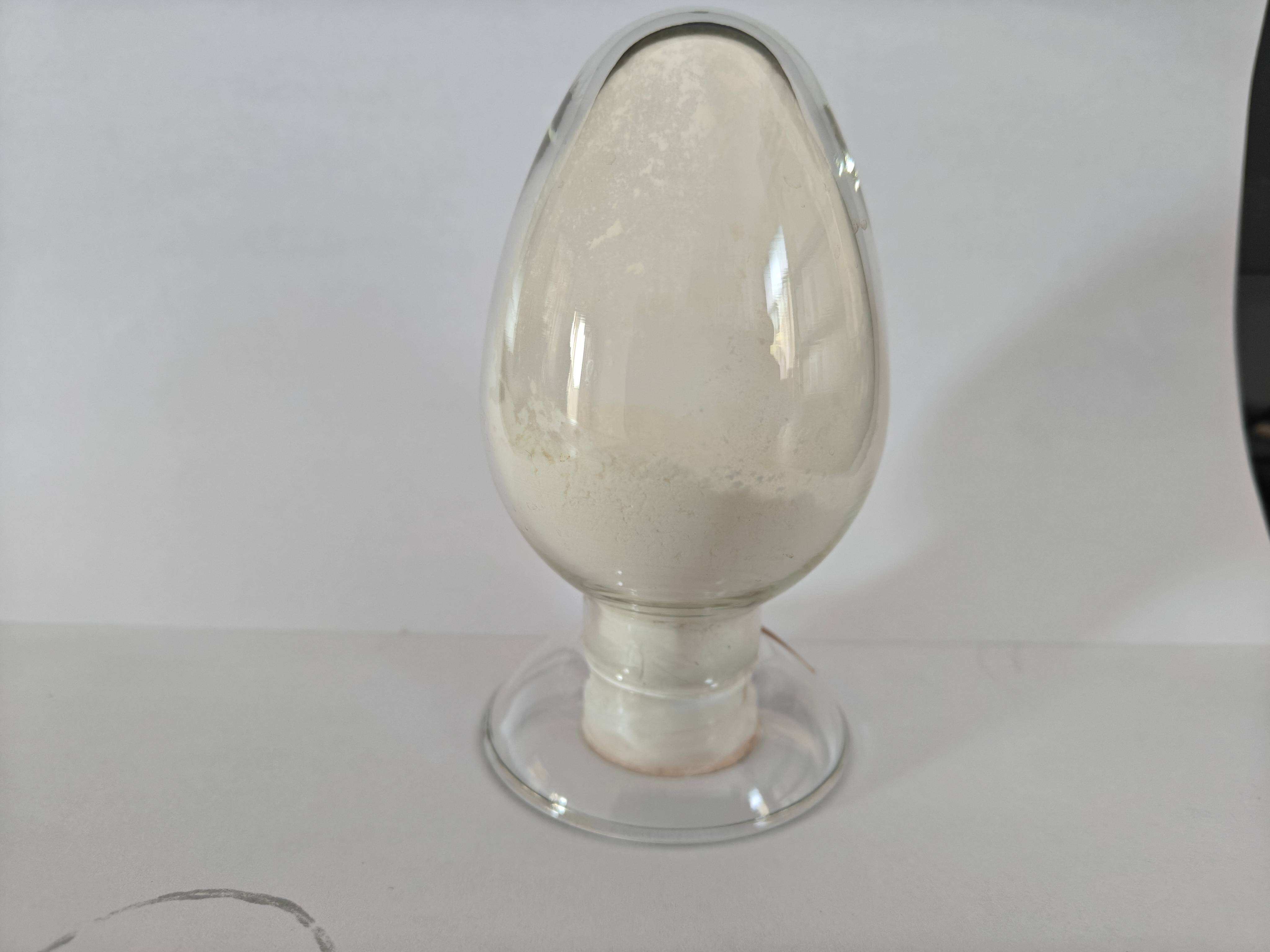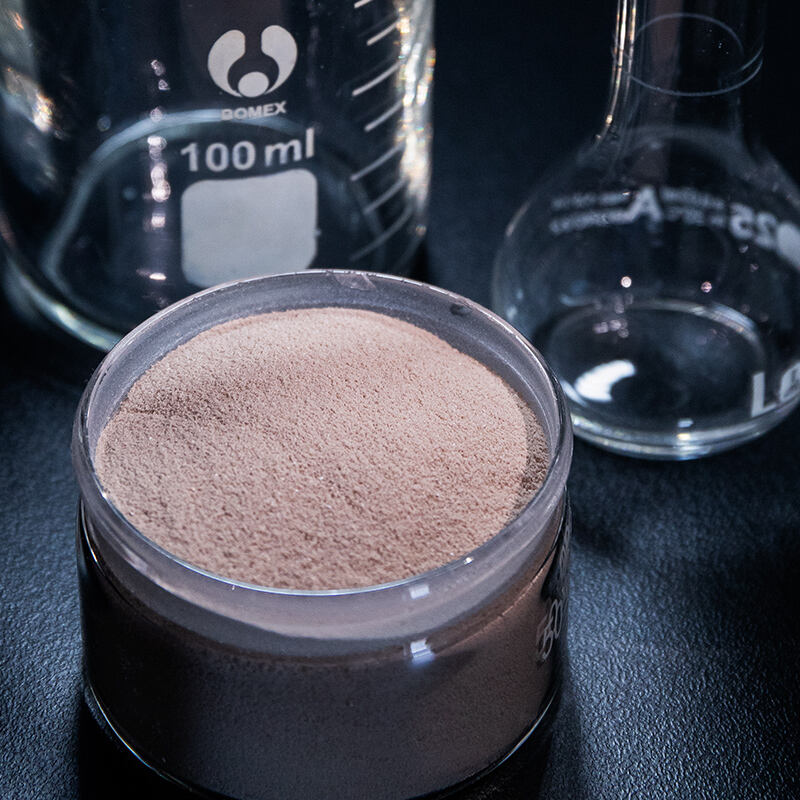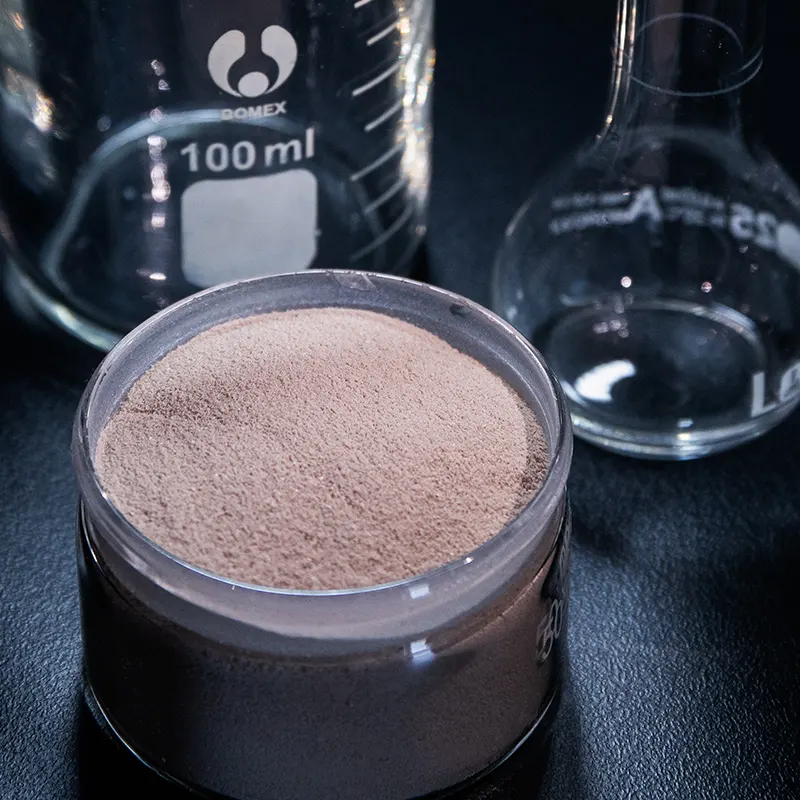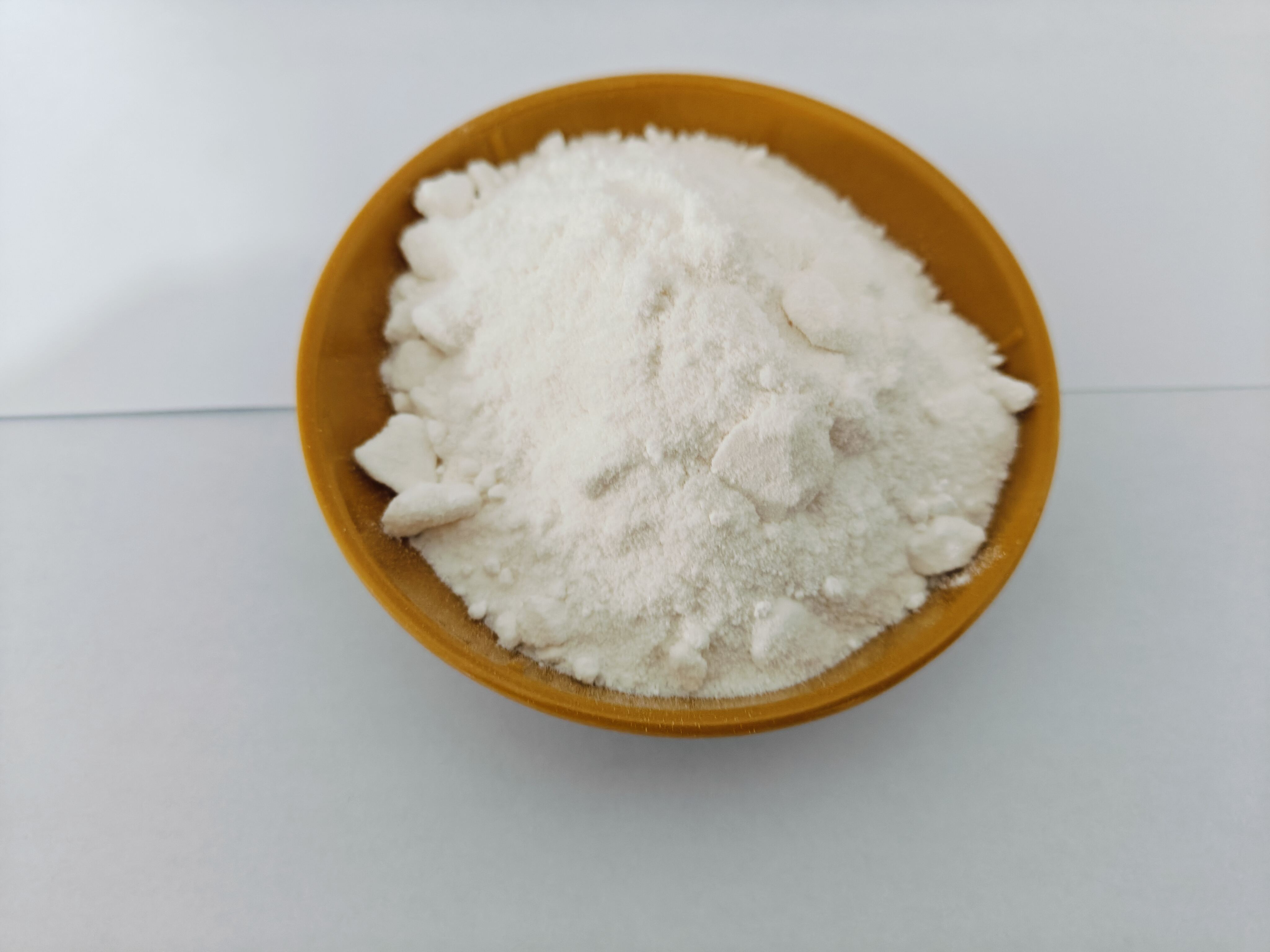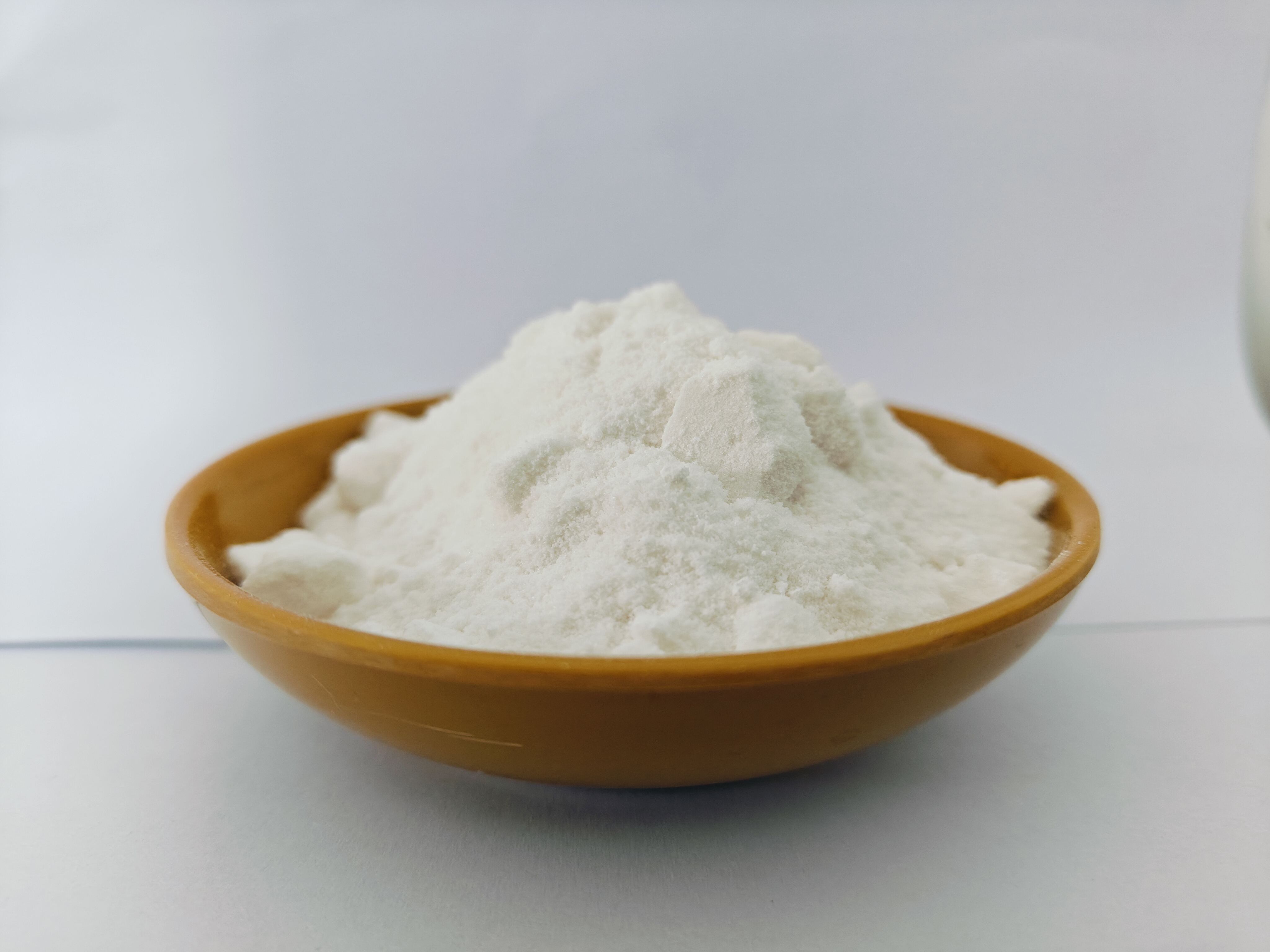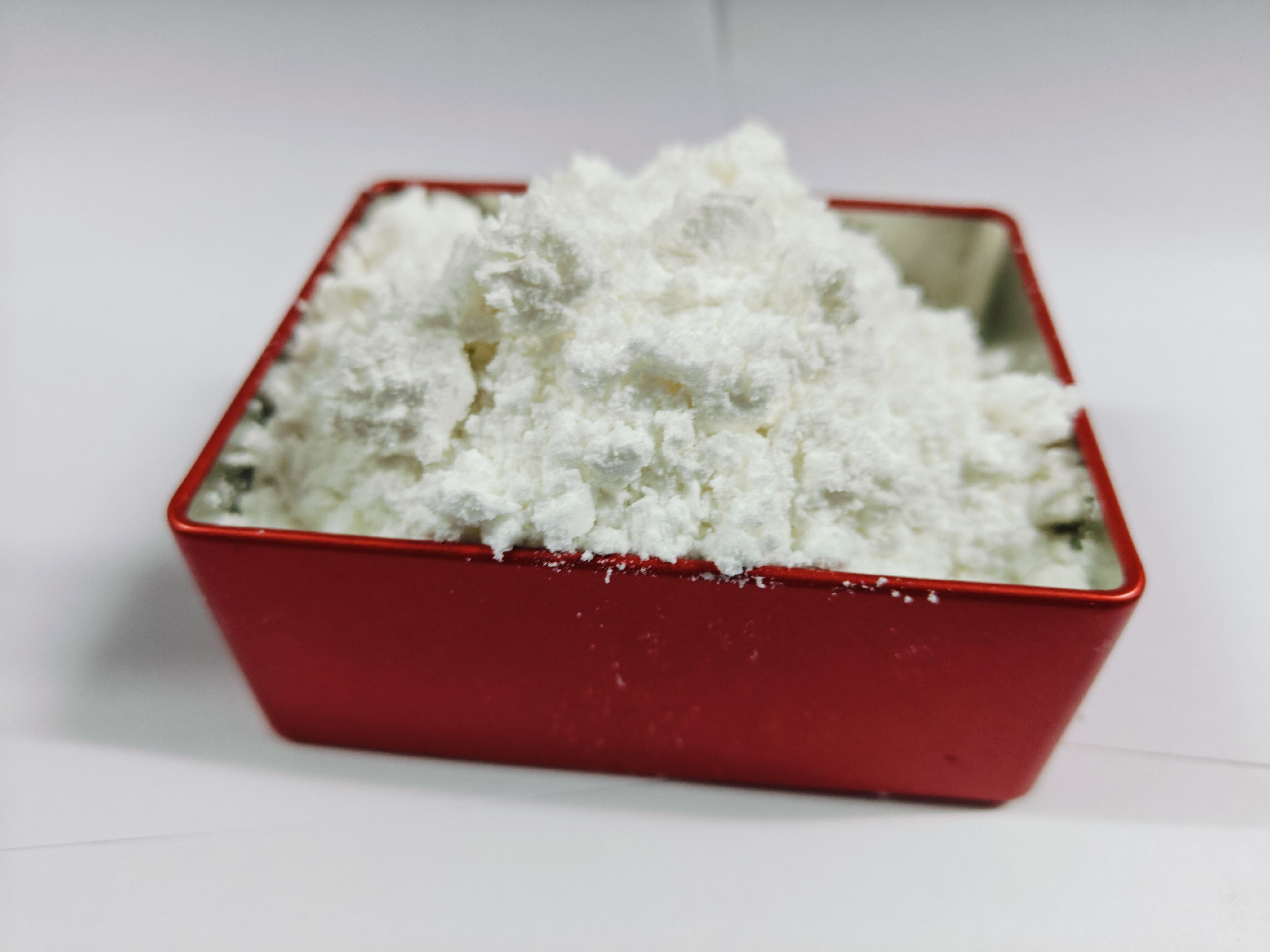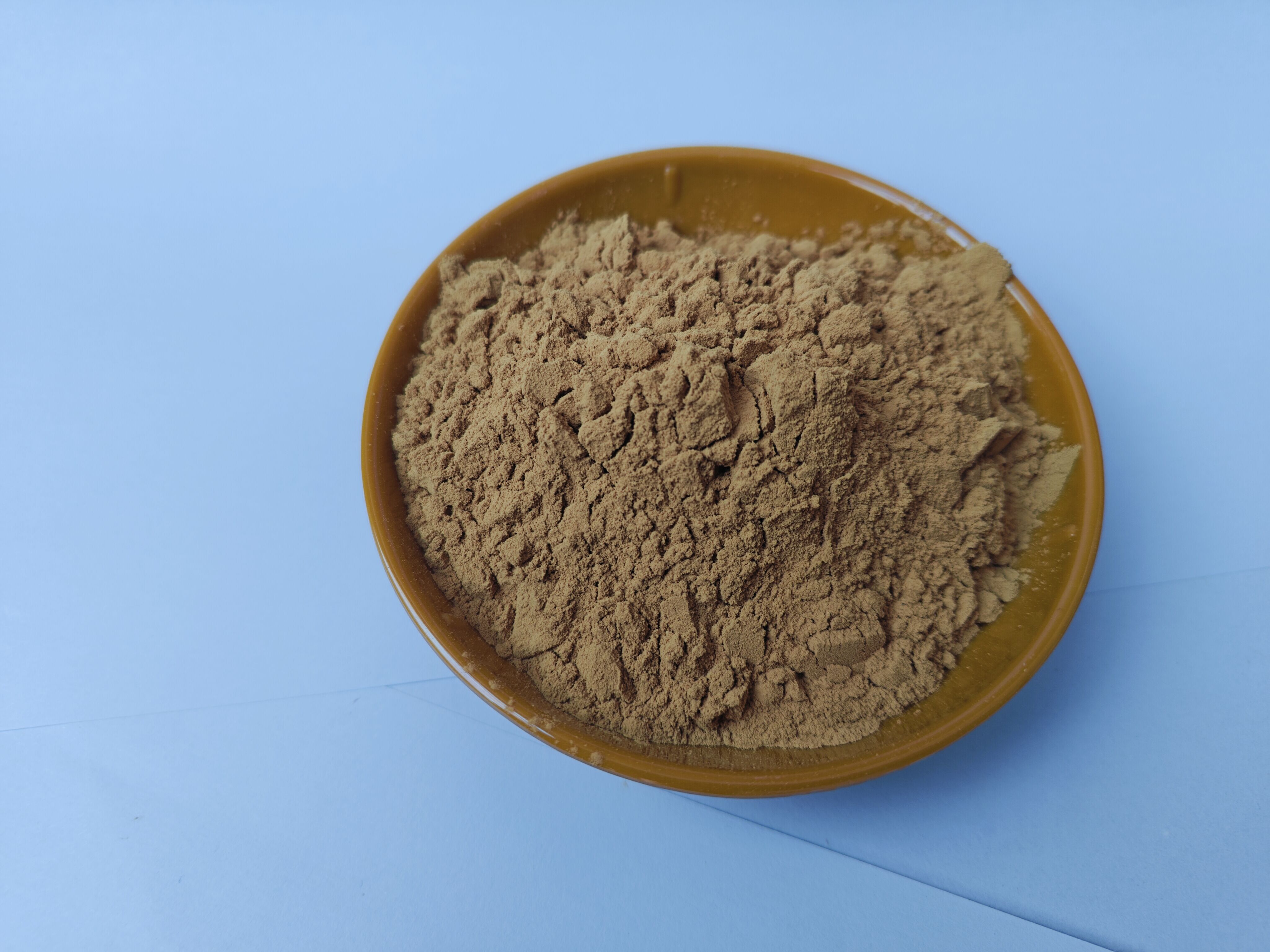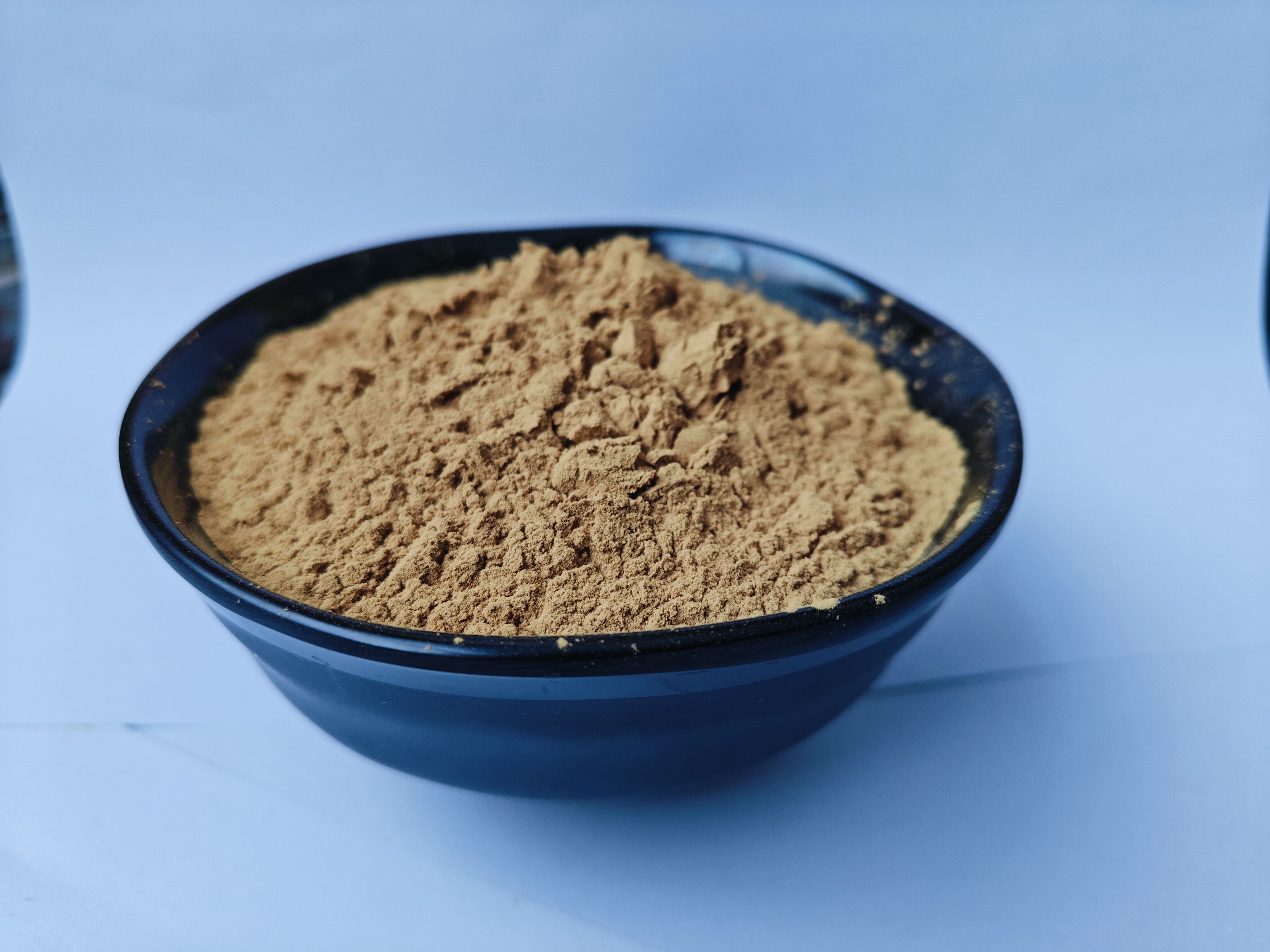beste epoxy vormmiddel
Epoxy molding compound (EMC) is die voorkeurkeuse in halvgeleiersverpakking, wat onovertrefbare beskerming en betroubaarheid bied vir elektroniese komponente. Hierdie gevorderde materiaal combineer uitstekende meganiese sterkte, uitstekende termiese eienskappe en uitsonderlike vochtbestendigheid, wat dit onmisbaar maak in moderne elektronikavervaardiging. Die beste epoxy molding compound het 'n nou ingeroetineerde mengsel van epoxy resien, verharmer, silika vulstowwe en gespesialiseerde additiewe, wat 'n robuuste inkapselingoplossing skep wat effektief sensitiewe elektroniese toestelle teen omgewingsfaktore beskerm. Sy lae viskositeit tydens prosessering verseker volledige dringing en dekking van komplekse komponentgeometrieë, terwyl sy vinnige kur-eienskappe produksie-effektiwiteit optimaliseer. Die mengsel wys uitstekende hechting aan verskeie substraatmateriaalle, insluitend lead frames, silikon sterwe en organiese substraatte, wat langtermynbetroubaarheid en prestasie verseker. Met 'n glasoorgangstemperatuur wat tipies tussen 150°C en 180°C wissel, behou dit strukturele integriteit oor 'n wye verspreiding van bedryfsomstandighede. Moderne formulerings sluit ook vlamremmende eienskappe in, wat streng veiligheidsnorme voldoen terwyl hulle verbeterde termiese gelei vir doeltreffende warmteverspreiding lewer.

